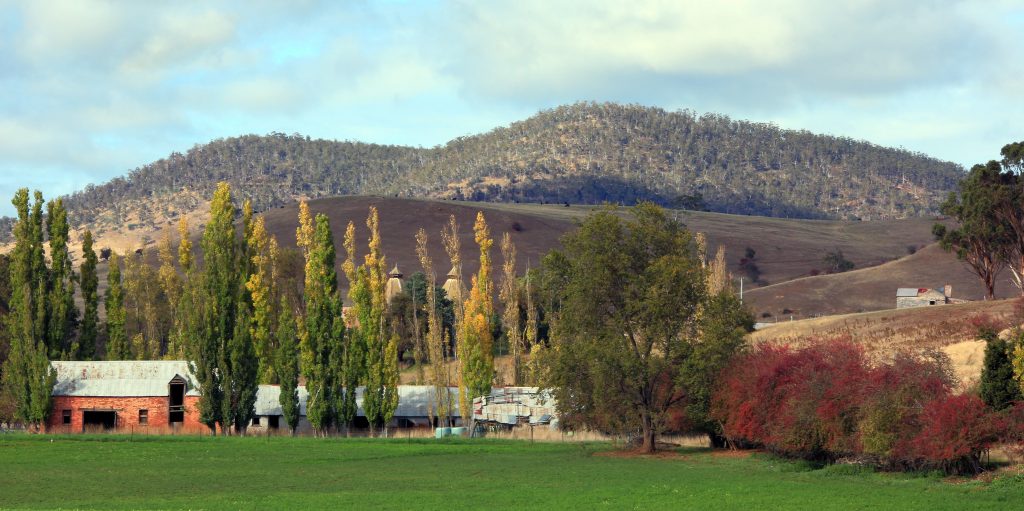Nestled in the centre of Tasmania, the Derwent catchment is one of our State’s driest regions. With an annual rainfall averaging less than 500mm, it’s a region that faces some unique production challenges – particularly in managing dryland pastures, which are increasingly unreliable, especially in times of drought. North-facing slopes within this region are particularly difficult to incorporate into grazing systems without creating significant environmental impacts. These areas are highly prone to erosion, and the loss of this valuable top soil can cause significant environmental and economic issues. Losing soils can mean production losses and declining water quality from eroded soil entering waterways. Research has shown a significant amount of soil is lost in southern Tasmania with the Derwent a key risk area.
A new three-year program, being led by the Derwent Catchment Project (DCP), is looking at ways to address these issues and support farmers to manage dryland pastures and particularly north-facing slopes as effectively as possible. Funded by NRM South through the Australian Government’s Regional Land Partnerships program, the Pasture Information Network project will use a range of approaches to provide locally relevant information to farmers* including a farmer to farmer mentoring program, discussion groups, a pasture program and demonstration sites, with all of the learnings available through a purpose-built ‘Pasture Hub’ website (currently under construction).
The DCP team is working with six commercial farmers on demonstration sites looking at pasture persistence, grazing management and the establishment of deep-rooted forage shrubs on north-facing slopes.
Beyond the scope of the Derwent catchment region, learnings from this project will be applicable to dryland graziers in other parts of Tasmania particularly the Southern Midlands. Over the coming years, NRM South’s Regional Agricultural Landcare Facilitator will play a key role in sharing relevant information and learnings from the project to the wider farming community.
For more information about the project please visit: https://www.pasturenetwork.org/
*Note that due to the Covid-19 pandemic, planned group activities such as field days, workshops and seminars will be delivered through online sessions including videos, podcasts, webinars and social media in line with advice to avoid social contact.
